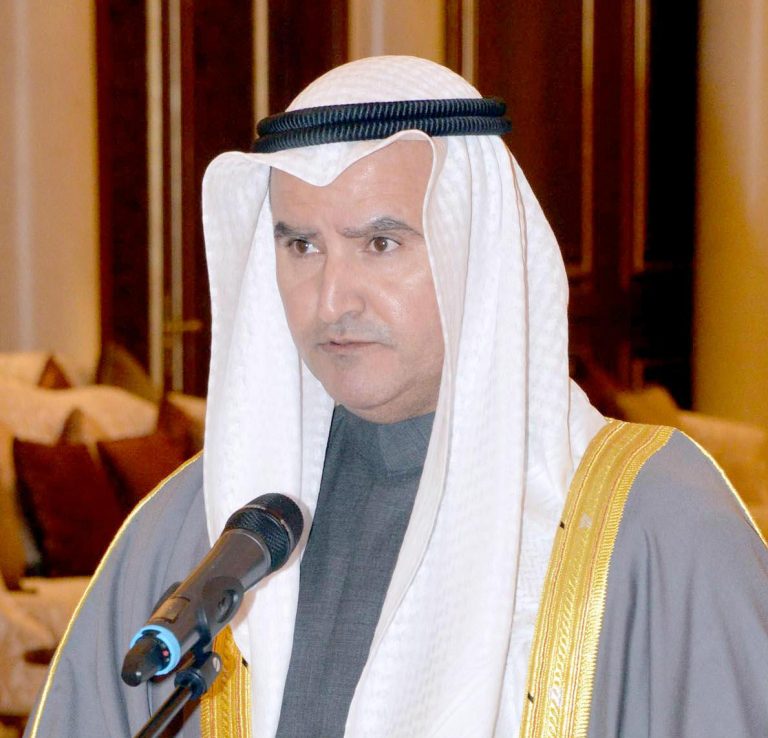Kuwait's political landscape has shifted yet again with the appointment of Sheikh Ahmad Abdullah Al Ahmad Al Sabah as the nation's new Prime Minister. The Emir, Sheikh Nawaf Al Ahmad Al Jaber Al Sabah, tasked the veteran politician with assembling a new cabinet following the recent parliamentary elections. This decision comes amidst a backdrop of ongoing friction between the Kuwaiti government and the National Assembly, the country's elected parliament.
Sheikh Ahmad Abdullah, 71, is a seasoned figure in Kuwaiti politics. He previously served as the country's oil minister and information minister from 2009 to 2011. His experience in managing the nation's vital oil resources is seen as a potential asset in navigating the current economic climate. Kuwait boasts the world's seventh-largest oil reserves, and petroleum revenue plays a critical role in the country's budget.
The outgoing Prime Minister, Sheikh Mohammad Sabah Al Salem Al Sabah, declined to retain his position, citing persistent tensions between the government and the National Assembly. Kuwait's parliament is known for its outspokenness and has clashed with the government on various issues, including economic reforms and alleged corruption. Sheikh Ahmad Abdullah's ability to bridge this divide and foster cooperation will be a key test in his new role.
The appointment of Sheikh Ahmad Abdullah reflects the Emir's desire for stability and continuity. Sheikh Ahmad Abdullah's experience within the government, coupled with his recent tenure as head of the Crown Prince's court, positions him well to understand the inner workings of the Kuwaiti leadership. This familiarity is expected to streamline the formation of a new cabinet and expedite policy implementation.
However, challenges abound for the new Prime Minister. Kuwait's public grapples with issues like unemployment and rising living costs. Additionally, the global energy transition away from fossil fuels necessitates economic diversification for Kuwait's long-term prosperity. Sheikh Ahmad Abdullah's success will depend on his ability to address these pressing issues while navigating the complexities of Kuwaiti politics.
The appointment of a new Prime Minister offers a glimmer of hope for a more collaborative relationship between the government and the National Assembly. Sheikh Ahmad Abdullah's background and experience position him to navigate the political landscape and tackle the economic challenges facing Kuwait. The coming months will be crucial in determining whether his leadership can usher in a period of stability and progress for the nation.

